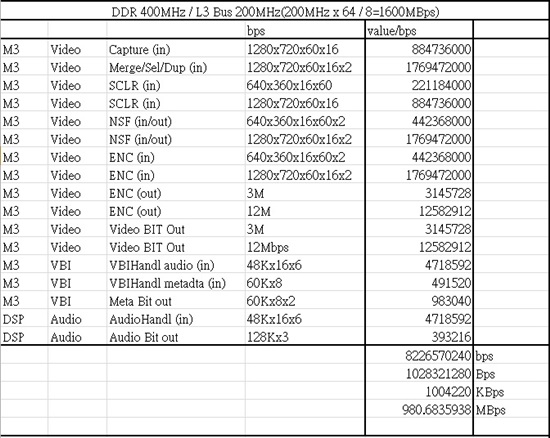Hi,
We used discrete sync (DE + VBLK) in our system.
Our SW is DVR RDK3.5.
Our HW is "SDI-->FPGA-->DM8148(PG3.0)".
Sometimes, we will lose video frame(CH000), but vbi frame(CH010) is correct.
No frames are dropped by capture link.
Does any comment for this issue?
Or any limitations for discrete sync?
[m3vpss ] | Total Even Odd Total Even Odd Min / Max Min / Max Dropped Fid Repeat Frame Error Y/C
[m3vpss ] CH | Fields Fields Fields FPS FPS FPS Width Height Fields Count (Desc Error Y/C)
[m3vpss ] ------------------------------------------------------------------------------------------------------------
[m3vpss ] 000 | 243334 243334 0 58 58 0 1280 / 1280 720 / 720 1 0 0/0 (0/0)
[m3vpss ] 010 | 250956 250956 0 59 59 0 1280 / 1280 30 / 30 1 0 0/0 (0/0)


